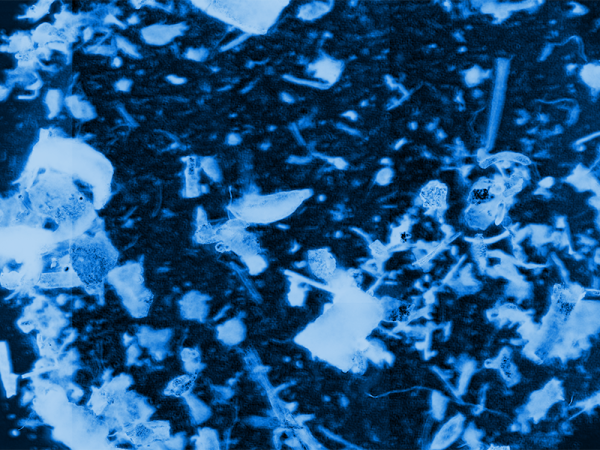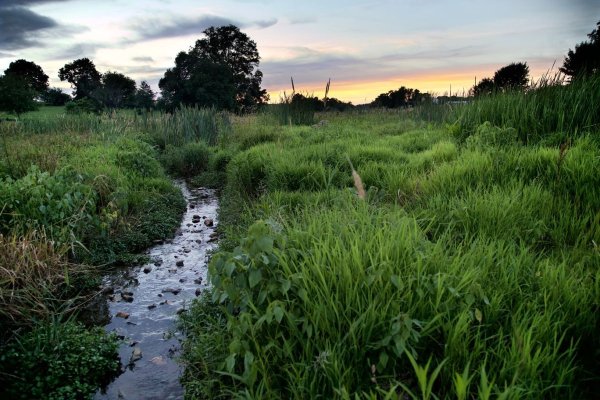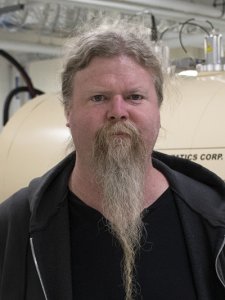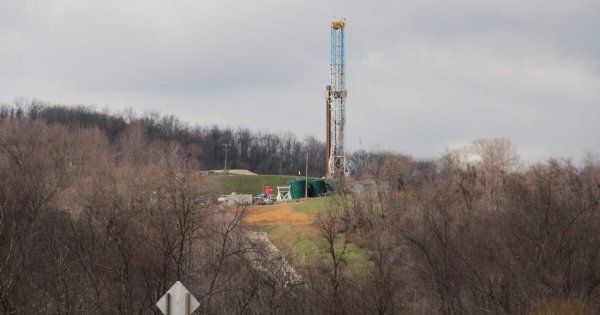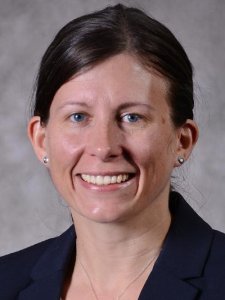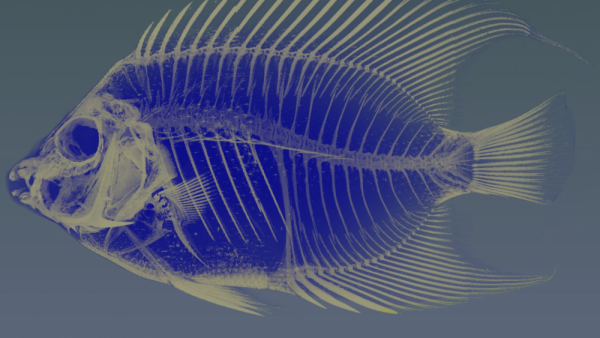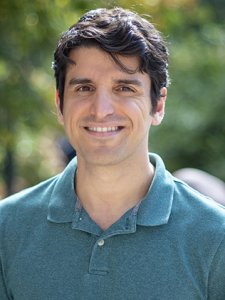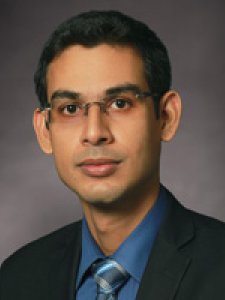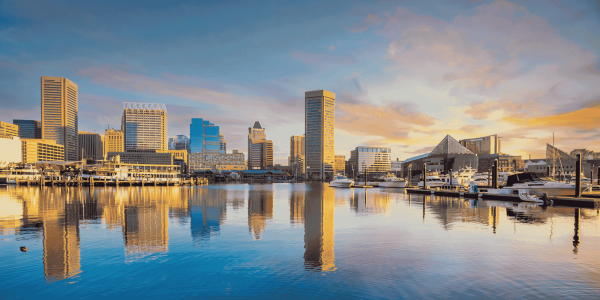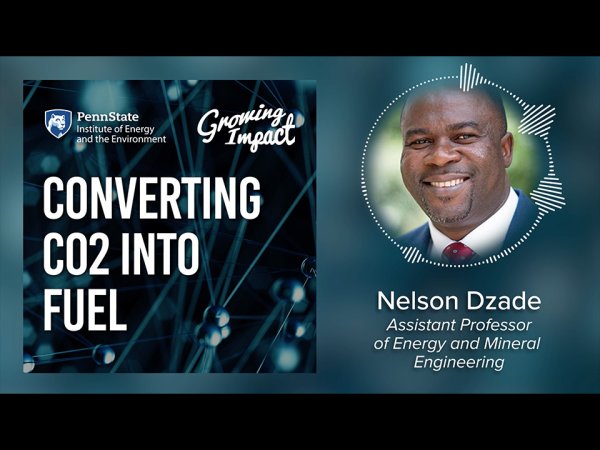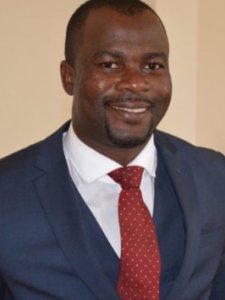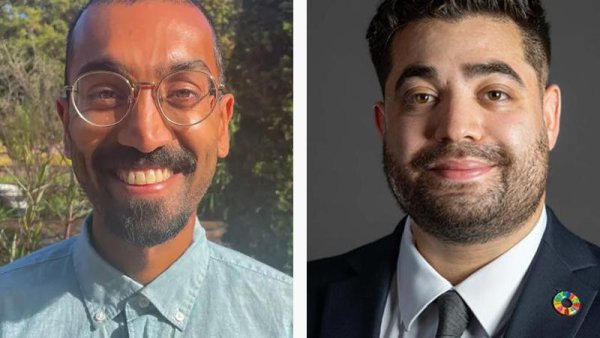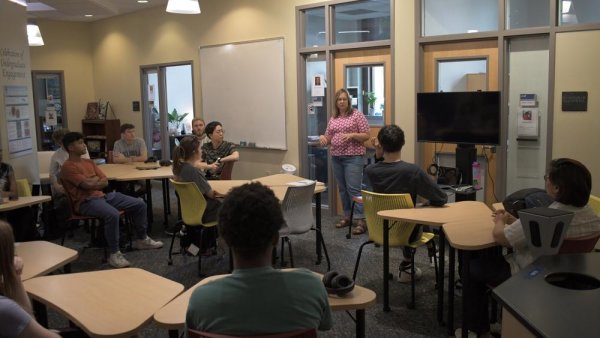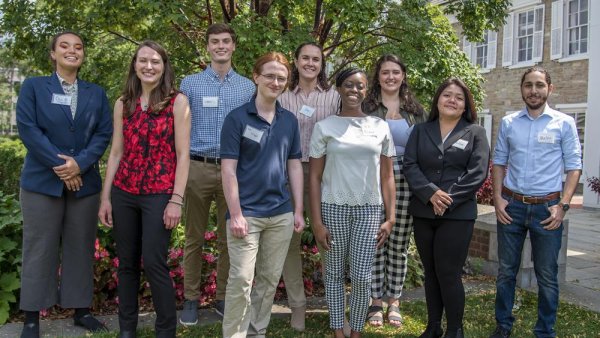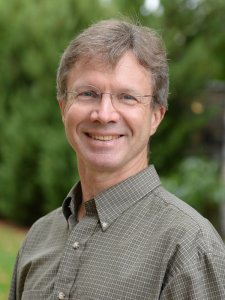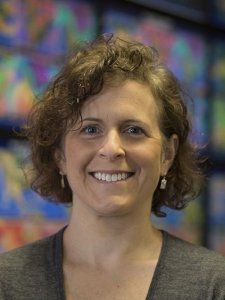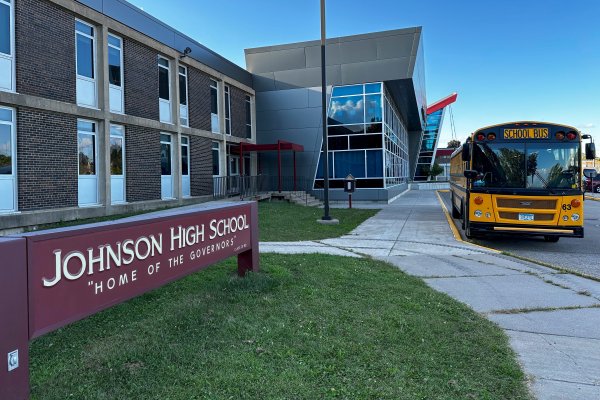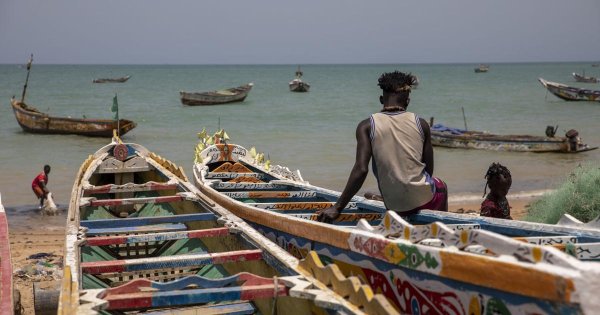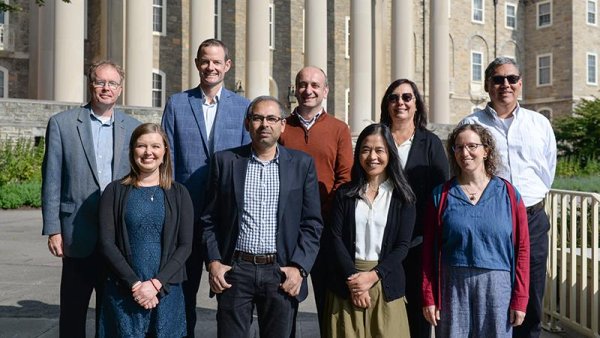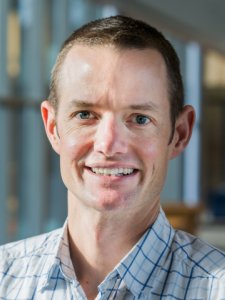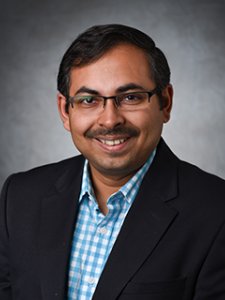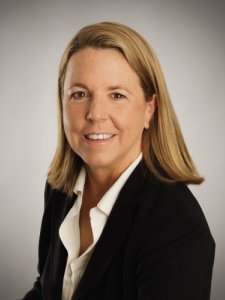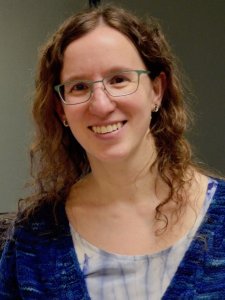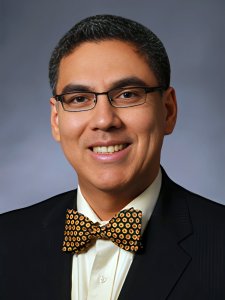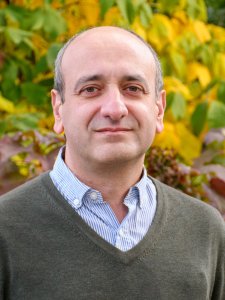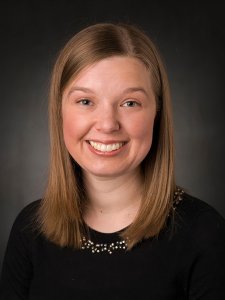IEE faculty, staff, and projects in the news
Revealing microplastics with the Environmental Contaminants Analytical Laboratory
After the mass production of plastics began in the 1950s, plastic waste started to enter the environment. In time, this waste broke down into microplastics. For decades, these often-microscopic fragments of plastic have flowed into and through the water and soil.
Mentions
-
Hlengilizwe Nyoni
Assistant Research Professor, Energy and Environmental Sustainability Laboratories -
Logan Kyle
-
Lisa Emili
Radiocarbon Lab assists floodplain reconstruction
Floodplains have been significantly altered since European settlers introduced mill dams and timbering, which increased erosion and led to rapid sediment accumulation. This transformation dramatically changed the natural landscape. Floodplain restoration regains the ecological benefits of the pre-industrialization landscape and is an effective method to improve water quality, prevent erosion, and boost biodiversity.
Mentions
Scientists skeptical of oil and gas company’s claim that its fracking ‘poses no public health risks’
| wesa.fm
CNX says a research project it is conducting as part of a voluntary collaboration with the state of Pennsylvania has found no health risks near its operations, but scientists remain skeptical. This article quotes Jennifer Baka, associate professor of geography.
Mentions
-
Jennifer Baka
Associate Professor and John T. Ryan, Jr. Faculty Fellow, College of Earth & Mineral Sciences
Revealing invisible educational opportunities through CT scanning
| psu.edu
From Penn State students to industry professionals, the Center for Quantitative Imaging provides training on CT scanning equipment, techniques and software.
Mentions
Baltimore, a nexus for government and academic emissions research
| earth.gov
Scientists from U.S. government agencies and regional universities have come together for cooperative research projects, helping to expand environmental monitoring capabilities and improve resident wellbeing across the Baltimore metropolitan region in line with the city’s ambitious climate action plans.
Growing Impact: Converting CO2 into fuel (Preview)
| youtube.com
Episode release date: October 1, 2024. Carbon dioxide (CO2) is abundant and stable, making it difficult to convert into something useful without a lot of energy. Researchers are using advanced computational modeling to find a catalyst that can efficiently transform CO2 into valuable products. This could turn CO2 from a climate issue into a valuable resource.
Mentions
-
Nelson Yaw Dzade
Assistant Professor, John and Willie Leone Department of Energy & Mineral Engineering (EME)
New IEE faculty have strong focus on climate solutions, collaboration
| psu.edu
The Institute of Energy and the Environment has welcomed two new researchers who have a focus interdisciplinary climate research and who will work with the Penn State Climate Consortium.
Mentions
Multi-Campus REU students gain research experience at University Park
| psu.edu
Conducting research as an undergraduate can be daunting, but Sierra Wright and a group of Penn State students from across the state jumped in feet first this summer through the Multi-Campus Research Experience for Undergraduates.
Mentions
-
Seong Kim
Professor of Chemical Engineering and Materials Science and Engineering, Chemical Engineering -
Feifei Shi
Assistant Professor, John and Willie Leone Department of Energy & Mineral Engineering (EME)
Undergrad research experience leads to advanced opportunities, publication
| psu.edu
The spring of 2020 was shaping up to be a bad time for Eli Vogel to get some research experience outside of his academic home at the University of Maryland, Baltimore County. The physics major applied for the Penn State Research Experiences for Undergraduates (REU) that focused on climate science and solutions, but the pandemic put a halt to the in-person summer program at Penn State. In the end, a remote experience worked out for Vogel. He recently turned his REU work into published research.
Mentions
How this one climate fix means a school nurse sees fewer students sick from the heat
| audacy.com
Around 36,000 schools in the U.S. are in need of updated heating and cooling systems, according to the Government Accountability Office. This article quotes Erica Smithwick, Distinguished Professor of Geography.
Mentions
How heat in seas off West Africa is making the Atlantic’s hurricane season a nightmare
| postandcourier.com
Most hurricanes, including large storms Hugo and Irma, form in between West Africa and the Caribbean. Warmer oceans coming from African heat may be to blame. This article quotes Gregory Jenkins, professor of meteorology & atmospheric science and geography.
Mentions
Nine researchers named Institute of Energy and the Environment Fellows
| psu.edu
Nine Penn State researchers have been named fellows of the Institute of Energy and the Environment for 2024. The program recognizes and assists the exceptional achievements and unparalleled research impacts of highly successful researchers in the areas of energy and the environment. Nominees for the fellowship were submitted by the University community.
Mentions

